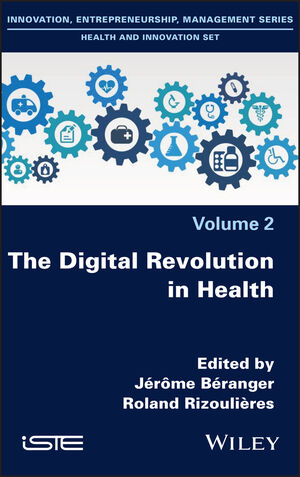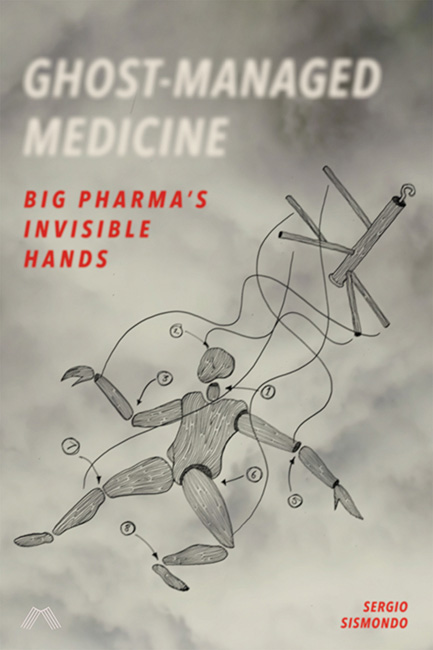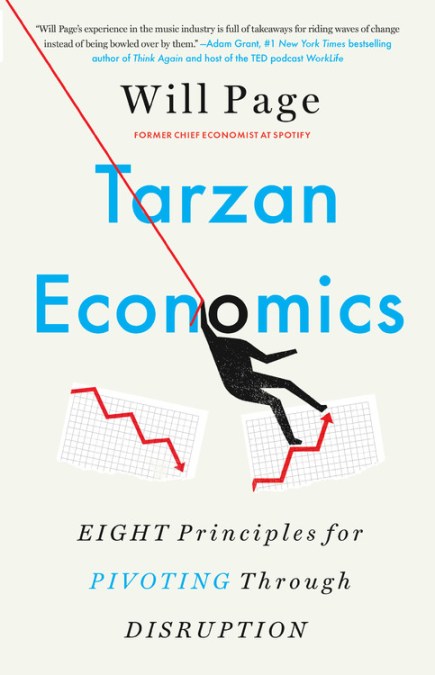31 d’agost 2021
26 d’agost 2021
25 d’agost 2021
19 d’agost 2021
On how risk shifting affects trust
A book that explains that shifting financial risk onto doctors in a profit-making system seriously damages patient trust. In addition this undermines overall social capital, which in turn has been linked to health outcomes.
12 d’agost 2021
04 d’agost 2021
Reordering our society is possible
What We Owe Each Other.A New Social Contract for a Better Society
A thought -provoking book. Chapter 5 is devoted to Health:
Being healthy is the most important determinant of our wellbeing. Physical and mental health (subjective well-being as it is called in the academic research) rank at the top of every major study of happiness across the world. Ultimately, this is why every society aspires to provide health care for its population. And because the costs of providing health care are reduced when a large population pools its resources, and because a healthy labour force is also good for the economy, the social contract in every society includes health care in some form or another.
The great issues:
- Defining a Minimum for Universal Health Care
- How Should Health Care Be Provided?
- Health Spending Is Only Going Up
- A More Digital Future for Health
- Individual and Social Responsibilities – Where Is the Balance?
We owe each other more. A more generous and inclusive social contract would recognise our interdependencies, provide minimum protections to all, share some risks collectively and ask everyone to contribute as much as they can for as long as they can. This is not about increasing the welfare state, but about investing in people and building a new system of risk sharing to increase overall well-being. Change will come inevitably because the forces of technology, demography and environmental pressures will drive it. The question is whether we prepare for that change or continue to allow our societies to be buffeted by these powerful forces, as we have in recent decades. This book lays out the challenges we face and provides a menu of alternatives for a better social contract around families, education, health, work, old age and between the generations. It is not a blueprint, but it provides a direction of travel that is economically feasible. Nor is it a fixed menu – countries may choose to implement some elements and not others depending on their values and preferences.
03 d’agost 2021
Pharma industry regulation: extracting or creating value
The Global Pharmaceutical Industry. The Demise and the Path to Recovery
The pharmaceutical industry has reached a tipping point. Its business growth is predicated upon fagrantly raising drug prices (especially in the U.S.), thereby increasing the inability of patients to afford medications. The clinical trials that provide the basis for pharma’s new drug development rely on biased designs to favor approvable outcomes, even as sponsors selectively publish mainly the reports that contain favorable results for their test drugs. The industry’s research process exerts a corrupting infuence on medical researchers and the channels of medical communication, while its everyday product promotions involve regular payments of financial and other inducements to prescribers that effectively constitute bribes. Even its involvement in continuing medical education poses a confict of interest and a corrupting infuence on medical practitioners.
If pharma continues operating in this manner, it cannot complain when citizens worldwide demand their governments impose onerous restrictions. Each passing week sees the emergence of additional outrages that make such controls more likely.
Any generalization doesn't fit with an objective observation of reality. However, in chapter 5, you'll find proposals for a new regulation.
29 de juliol 2021
28 de juliol 2021
The relationship between value and values
Value(s). Building a Better World for All
This book focuses on four major crises-the Global Financial Crisis, the Global Health Crisis, Climate Change and the 4th Industrial Revolution– and proposes responses to each. Quite a complicated issue. Therefore, my suggestion is to skip the first 2 parts, and go straight to chapter 14. And a key message:
Purpose, values and trust are not natural concepts for economists. The classic economic view, developed by Nobel laureate Ronald Coase, is that a company is a network of contracts in which everyone – owners, managers and workers – responds rationally to incentives. According to Coase’s The Nature of the Firm, the boundaries of the firm are defined by the differences in costs of providing a good or service through the market or a firm.48 Market transactions bear the costs of searching and gathering information, as well as of bargaining, policing and enforcement. Internalising these transactions within firms saves cost but at the expense of span of control, complexity and diseconomies of scale. The boundary of the firm is determined by the balance of these factors, with those activities that can be performed more efficiently and best done by command and control occurring within firms and the rest mediated through markets.
A strict interpretation of this approach misses how shared purpose can reduce transaction costs allowing activities outside the firm to become shared investments that advance the firm’s purpose, reinforcing its profitability and creating shared value. Shared purpose can alter the boundary of the firm (while increasing its ability to create value) by lowering transaction costs in market relationships as well as by making larger and more complex corporate entities possible. Confidence in shared purpose reduces the need for costly, fully complete contracts with suppliers and customers. At the same time, clarity of purpose within organisations, reinforced by strong internal culture, can lead to a type of continuous innovation that turns good companies into great ones.
This is important because, not for the first time, simple theoretical economic models can be poor guides to business in practice. A contractual model is only as good as the contracts, which in practice can be incomplete, difficult to enforce and subject to default. The assumption that human incentives will be solely guided by contractual terms is belied by the realities of people’s behaviours in a wide range of economic circumstances. Moreover, different parties have different time horizons and interests, which frustrate the achievement of optimal outcomes. As Martin Wolf argues, ‘If the rationale for the corporation is to substitute relational contracts, and so trust, for explicit contracts, and so enforcement, one cannot ignore this in deciding what businesses are for and who should control them.’49
The crucial insights of principal–agent theory are not limited to the need to align incentives of shareholders and management but extend to similar challenges between directors, management and employees as well as between companies and their suppliers and communities. When time horizons differ, there will always be incentives for one party to promise one thing and then renege. As we saw in Chapter 4, this is one of the classic motivations for delegated authority to central banks. And even that elegant solution has its limitations, underlining the importance of a shared mission and values.
A strong corporate culture is part of the solution to the problems of incomplete contracts and imperfect incentives. A strong corporate culture encourages stakeholders to internalise the behaviours firms want to create and sustain. In particular, purpose is indispensable to a culture of integrity. As we have seen, trust cannot be achieved merely by asserting rules and following protocols, but rather it is earned by multiple social interactions that reinforce behaviours and values. What are variously termed moral sentiments, social memes or behavioural cascades matter.
Thus purpose operates on a number of planes. First, internally, it creates the necessary social capital within the firm to underwrite foundations of value creation: tightly functioning teams, and high employee participation and engagement. Second, externally, it operates as a means of generating focus on customer service and alignment. The company’s external focus relates to the traditional purpose of a company: to serve its customers.50 If a firm does this well, it generates customer loyalty, and with time the consumer will become a stakeholder, reinforcing trust, good faith and fair dealing. Third, purpose operates as a social narrative, in communities and societies beyond the firm, helping to create and sustain the firm’s social licence to operate. At the highest level, purpose captures the moral contribution of companies to the betterment of the world now and in the future.
A firm is more than a nexus of contracts. However, how do we define it precisely is still unknown.
27 de juliol 2021
26 de juliol 2021
24 de juliol 2021
Digital health transformation
Empowering the health workforce to make the most of the digital revolution
From the OECD report on digital health trasnformation:
To address these issues to successful digital transformation, governments will need to provide the necessary political leadership and implement a range of policy actions to support three main objectives:
1. building trust in the benefits of digital transformation among health workers and patients while minimising any risks;
2. advancing expertise and skills needed for effective use of digital health technologies;
3. adapting the organisation of health service delivery and the related legal and financial
frameworks.
23 de juliol 2021
On Amazon (anything but a river)
Amazon Unbound. Jeff Bezos and the Invention of a Global Empire
Twenty years ago, everybody thought that Amazon was going to sell books. Now that they have entered into health arena, it's the time to read this timely book.












